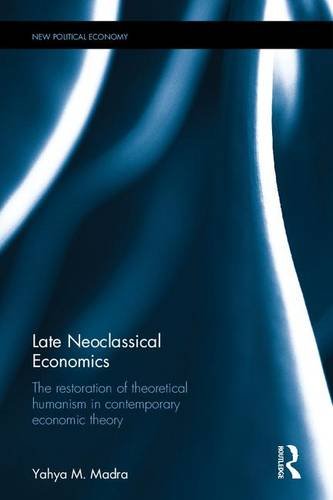

Most ebook files are in PDF format, so you can easily read them using various software such as Foxit Reader or directly on the Google Chrome browser.
Some ebook files are released by publishers in other formats such as .awz, .mobi, .epub, .fb2, etc. You may need to install specific software to read these formats on mobile/PC, such as Calibre.
Please read the tutorial at this link: https://ebookbell.com/faq
We offer FREE conversion to the popular formats you request; however, this may take some time. Therefore, right after payment, please email us, and we will try to provide the service as quickly as possible.
For some exceptional file formats or broken links (if any), please refrain from opening any disputes. Instead, email us first, and we will try to assist within a maximum of 6 hours.
EbookBell Team

4.4
22 reviewsSeveral contemporary economic theories revolve around different concepts: market failures, institutions, transaction costs, information asymmetries, motivational diversity, cognitive limitations, strategic behaviors and evolutionary stability. In recent years, many economists have argued that the increase in circulation and mobilization of these new and heterogeneous concepts and their associated methodologies (e.g., experiments, evolutionary modelling, simulations) signify the death of neoclassical economics.
Late Neoclassical Economics: The Restoration of Theoretical Humanism in Contemporary Economic Theory draws on the work of Louis Althusser, Michel Foucault and the Amherst School, to construct the concept of a self-transparent and self-conscious human subject (Homo economicus) as the theoretical humanist core of the neoclassical tradition. Instead of identifying the emergent heterogeneity as a break from neoclassicism, this book offers a careful genealogy of many of the new concepts and approaches - including evolutionary game theory, experimental economics and behavioural economics - and reads their elaboration as part of the restoration of the theoretical humanist core of the tradition. ‘Late neoclassical economics’ is therefore characterized as a collection of diverse approaches which have emerged in response to the drift towards structuralism.
This book is suitable for those who study political economy, history of economic thought and philosophy of economics. The arguments put forward in this text will also resonate with anyone who is interested in the fate of the neoclassical tradition and the future of economic theory.